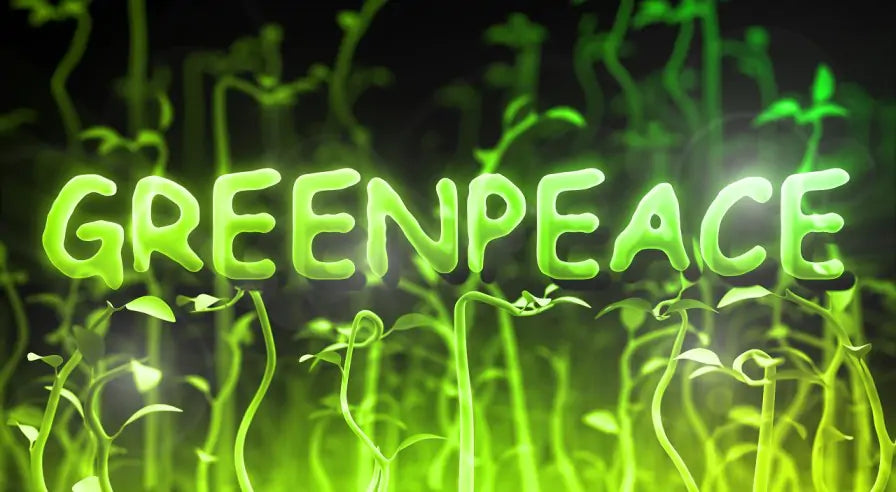Why not add these to compliment your wheelie bins?
Your basket is currently empty.
Shop NowWe guarantee to have the lowest price! Find the same bin for a cheaper price and we will beat it!

Greenpeace has launched a spoof Coca Cola Christmas ad to highlight the sheer number of cans and bottles that end up in the ocean. The ad has caused some controversy, and it shows families enjoying a happy Christmas, followed by a driver in a Santa suit driving across a beach in the Coca Cola truck, and dumping a load of cans and bottles into the sea. The driver even discards his own empty coke bottle into the sea.
Greenpeace have called on Coca Cola to reduce its plastic footprint to protect the oceans and the wildlife that inhabit them.
There’s even a final message on the advert that reads:
“A truckload of plastic enters the ocean every minute.
Coca-Cola produce an estimated 110 billion plastic bottles a year.
Many of these end up in landfill, on beaches & in the ocean.
Don’t let Coke choke our oceans.”
Why did Greenpeace make the ad?
More plastic has been produced in the last 10 years than during the entire 20th century, and less than 10% of it gets recycled.
16 million plastic bottles enter the environment every day, and that’s just in the UK. Many of them end up in the ocean and break down into plastic dust that goes through the whole food chain.
Coca Cola is the world’s biggest drinks manufacturer and they produce over a hundred billion plastic bottles each year. Greenpeace say that the company has the power to change how their products are packaged and how the packaging is disposed of.
Coca Cola hits back
A spokesperson for the company said that they do agree that ocean litter is a global issue, and added that they are serious about dealing with plastic waste. The company states that their cans and bottles are 100% recyclable, and that they have committed to doubling the amount of recycled plastic in their products to 50% by 2020. They have also added their support to calls for a deposit return scheme for plastic bottles.
The company say they are not solely to blame for the amount of plastic litter that pollutes the oceans and they feel they are being unfairly targeted by Greenpeace.